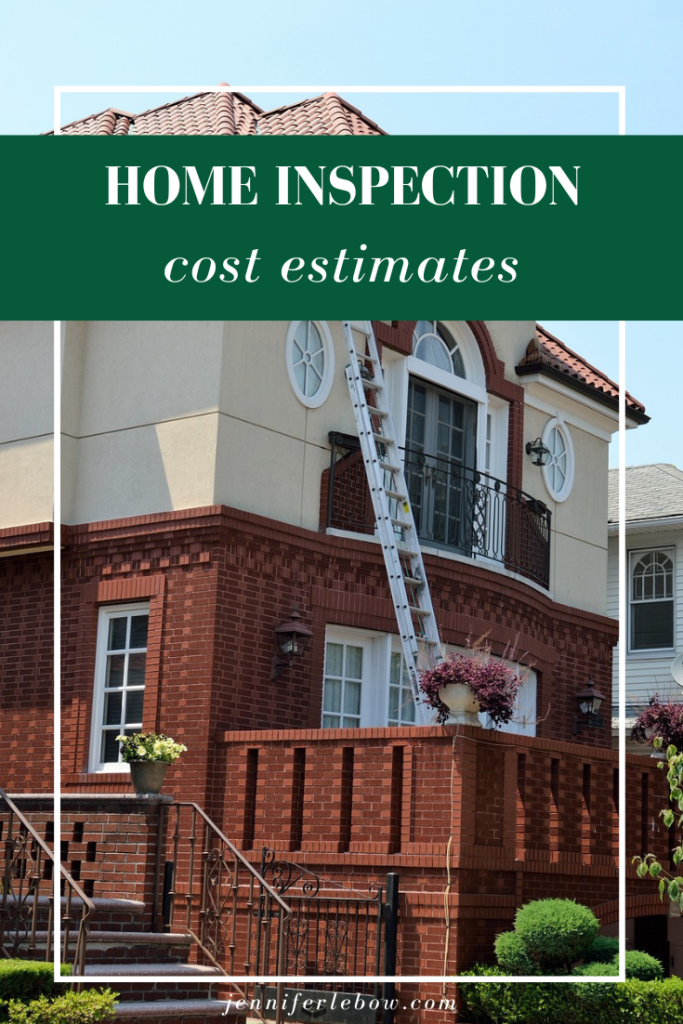
While fewer home buyers have been making offers contingent on home inspections during the last few years, we are starting to see more contracts accepted that do have those contingencies. Obviously, it is better for the buyer to know what problems there are with the house, in order to decide whether to stay in the transaction (and potentially negotiate a credit or have repairs done) or terminate and have deposit monies returned. Clearly, the purpose of the inspection is to identify safety concerns and material defects, and, specifically, to put a price tag on those repairs. Buyers want that information so they can determine whether it makes sense to walk away or renegotiate a purchase price that reflects the costs involved.
You might expect that the inspector will provide a cost estimate for every defect he finds. While many inspection companies do provide ranges for many repair items (and some don’t provide any estimates at all!), there are almost always a few that say “Contact qualified contractor.” This comment is found when an inspector is unable to determine exactly what the fix should be and/or what it might cost. For example, when there is a lot of wood rot around windows all over the house, the inspector wont’ necessarily know if windows actually need to be replaced or if it’s just some carpentry work, and may not be able to estimate the repair cost. If there’s a pipe that is leaking into the ceiling from an upstairs bathroom, many inspectors aren’t comfortable quoting an amount because they don’t know how much work will need to be made to the bathroom floor once the pipe under it is fixed. Sometimes, a specialist is needed to diagnose the problem and outline a solution and its cost. So, why should you care?
You should care because if you need to estimate how much the repair is going to cost, and if you are going to request a credit for it from the seller, you’ll need to have a number. Theoretically, you can have a contractor (electrician/plumber/roofer, etc.) come in and give you a quote, but time constraints surrounding contracts often make that route impossible. Then you need to ask permission from the seller to extend the inspection period and it’s not a foregone conclusion that a seller will grant it.
(As an aside, there is also the option of asking the seller to repair something. That way, the buyer is less concerned about the actual cost of the work, as she won’t be paying for it. However, in that case, the seller usually won’t agree to fix something until he has gotten an estimate, so that path doesn’t eliminate the problem. For more on whether you should ask for a credit vs. asking the seller to make repairs, click here.)
While I’d like to be able to present a solution to this problem, I can’t. The purpose of this post is simply to alert buyers, so that it doesn’t come as a surprise. Some agents have contractors they work with frequently who are willing to provide estimates based on seeing a copy of the report, which can be a good option. Regardless, you should discuss the strategy for dealing with this issue with your agent if you are planning on having a home inspection.


Leave a Reply